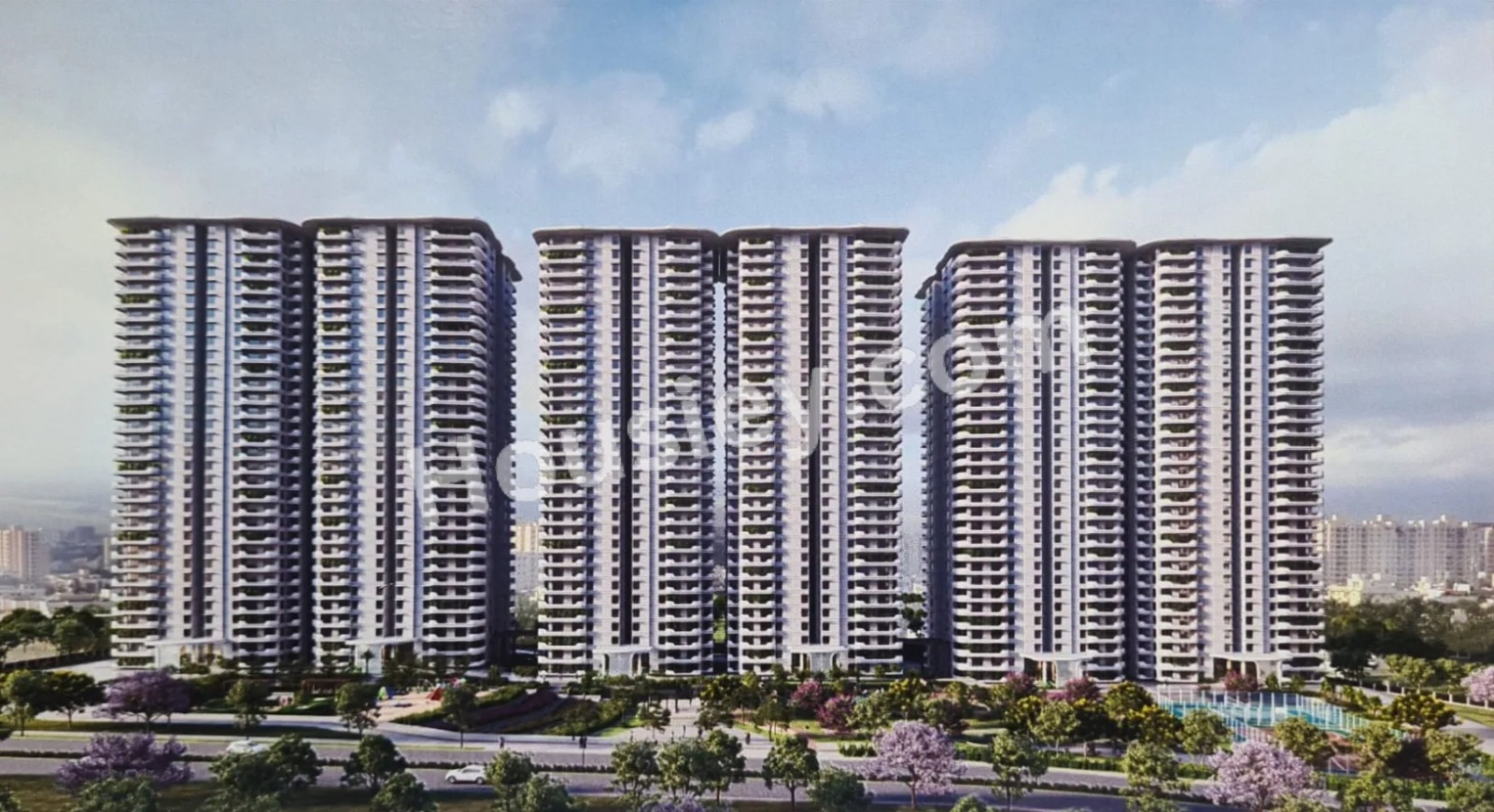Regular property inspections are an essential part of maintaining a safe and comfortable living environment. For tenants, these inspections can help catch small issues before they turn into expensive and disruptive problems. Whether it’s checking for leaks, assessing the condition of appliances, or ensuring the structure of the property is sound, regular inspections can prevent minor repairs from escalating into major issues. If issues are overlooked or ignored by the landlord, tenants may find themselves dealing with costly repairs. In some cases, tenants might need to file a housing disrepair compensation claim if the landlord fails to address problems identified during inspections, ensuring that tenants are compensated for the inconvenience or damage caused by the negligence.
1. Early Detection of Issues
The main benefit of regular property inspections is the ability to spot problems early. Small leaks, cracks in the walls, or malfunctioning appliances may not immediately seem like a big deal, but if left unchecked, these issues can worsen over time. For example, a minor water leak can lead to extensive water damage, mould growth, or even structural damage to your home. Similarly, a small crack in the ceiling or walls can widen, leading to costly repairs if not fixed promptly.
By scheduling regular inspections, you give your landlord the opportunity to identify these problems before they become major headaches. It’s also a good practice for tenants to document any issues and report them to the landlord during inspections to ensure they are addressed.
2. Ensuring the Property Remains Habitable
Landlords are responsible for maintaining the property in a habitable condition, which means ensuring it meets basic health and safety standards. Regular property inspections allow tenants to ensure that their landlord is fulfilling this responsibility. If inspections reveal that the landlord is not maintaining the property properly, tenants can report these issues and, if necessary, pursue a housing disrepair compensation claim to hold the landlord accountable.
A habitable property should have working heating and plumbing systems, secure doors and windows, and be free from significant hazards. Inspections ensure that these standards are being met and provide tenants with an opportunity to voice any concerns about the property’s condition.
3. Maintaining the Value of the Property
Regular property inspections can help maintain the overall value of the rental property. For tenants, this can mean fewer problems in the long term, as it’s easier to keep the property in good condition when issues are dealt with promptly. This helps to prevent larger, more expensive repairs that may arise from neglected maintenance.
Landlords who are proactive in addressing issues will not only keep the property in good condition for their current tenants but also increase its appeal to future renters. If tenants notice issues during an inspection and the landlord is slow to address them, it could affect the property’s marketability and overall value.
4. Keeping Tenants Safe and Secure
Property inspections are also a good way to ensure that safety features are in place and functioning. For example, smoke alarms, carbon monoxide detectors, and fire extinguishers are essential for tenant safety. Regular inspections provide an opportunity to test these devices and ensure they are in working order.
Additionally, inspections can help identify potential security risks, such as broken locks on doors or windows. If a tenant is left in a situation where security is compromised, it can lead to a sense of insecurity and possible liability for the landlord. Proactive inspections help ensure that tenants feel safe in their homes.
5. Helping to Prevent Mould and Damp Issues
Mould and dampness are common problems in rental properties, especially in older buildings or properties in areas with high humidity. Regular inspections allow landlords and tenants to detect signs of moisture buildup early, such as damp walls or ceilings, or musty odors that indicate mould growth.
Addressing mould and dampness early can prevent health problems, including respiratory issues, allergic reactions, and skin irritation. These problems can worsen over time, leading to significant damage to the property and potentially causing health issues for tenants. Regular property inspections allow for early intervention, preventing long-term issues.
6. Protecting Tenants’ Rights
Tenants have legal rights when it comes to the condition of the property they rent. Regular inspections not only ensure that the landlord is meeting their obligations to maintain the property but also protect tenants from living in unsafe or unhealthy conditions.
If the landlord fails to carry out necessary repairs or maintenance, tenants can take legal action. If the issue isn’t resolved, a housing disrepair compensation claim may be necessary to compensate tenants for the inconvenience and any damage caused by the landlord’s neglect. Having regular inspections as part of the rental agreement provides a documented record of the property’s condition, which can be valuable in any legal proceedings.
7. A Positive Relationship Between Landlord and Tenant
Regular inspections provide an opportunity for landlords and tenants to maintain open lines of communication. Tenants can raise concerns during inspections, and landlords can address these issues promptly. This proactive approach to property maintenance helps foster a positive relationship between landlords and tenants, leading to a better living experience for everyone involved.
Additionally, tenants who see that their landlord is taking the time to maintain the property and address concerns are more likely to care for the property themselves. This can help maintain the property in good condition and prevent minor issues from becoming larger problems.
Conclusion
Regular property inspections are essential for tenants to avoid major housing issues. They allow both tenants and landlords to identify problems early, ensure that the property remains safe and habitable, and maintain the value of the rental property. If issues are identified and the landlord fails to act, tenants may need to consult a housing disrepair compensation claim expert to ensure that the problems are fixed and they are compensated for any inconvenience or damage caused. At Housing Disrepair Team, we specialize in assisting tenants with housing disrepair issues. If you’re experiencing unresolved property damage or neglect from your landlord, contact us today for expert advice and assistance.


